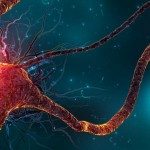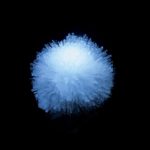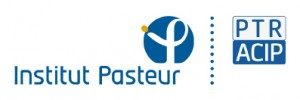About
Understanding how the brain processes and updates sensory precepts is a key challenge to better clarify several basic and clinical issues. Sensory perception is strongly shaped by the statistical properties of the connections formed between sensory systems and the rest of the brain. Our project focuses on depression, one of the first pathologies providing disability in the world for the 21st century. Depression is an episodic form of mental illness featuring discrete symptomatic periods interposed between periods of apparent wellness. Depressive patients are distinguished by a low mood with reduced activity and motivation. Major depressive disorder is the single largest contributor to disability worldwide, affecting as many as 300 million people annually at all ages of life. Unfortunately, 30% of depressions are resistant to currently available treatments and the development of new drugs is hampered by lack of knowledge of pathophysiology. Despite decades of basic science and psychiatric research, the circuit-level mechanisms driving the induction, remission, and recurrence of depressive episodes over time are not well understood.
Overall, our project will identify the connectome of different populations of neurons in the olfactory system. In addition, our data will reveal how a depressive state could alter olfactory system connectivity. These results would be an essential element in better understanding the pathophysiology of depression. From the technological point of view, our project will offer an increased throughput in the handling, detection and reconstruction of circuits. Ultimately, obtaining comprehensive information on the structural organization of the brain will provide foundational information necessary for functional insights in the mammalian brain in health and disease









